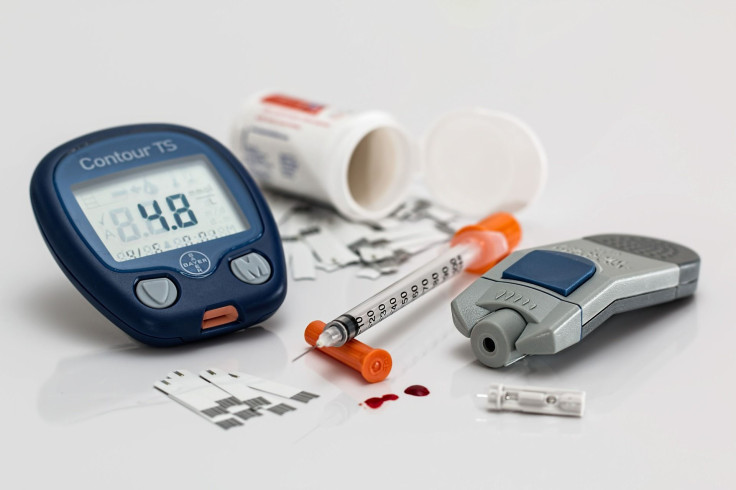Gestational Diabetes-Related Pregnancy Risk May Lower With Early Screening, Study Suggests

Early screening of gestational diabetes can reduce the complications related to it, a recent study suggested. According to the research, checking the blood sugar levels of a pregnant woman by 20th week of gestation can be beneficial for the mother and her child.
The study, presented at the European Association for the Study of Diabetes (EASD) annual meeting in Barcelona, Spain, on Monday, looked into the overgrowth of the baby in the womb due to high blood sugar in pregnancy. During the study, the team found out that early screening of maternal diabetes can play a vital role in improving the health outcomes of both the expecting mother and her infant.
Gestational diabetes is one of the most common pregnancy complications that affects around three to 20 percent of expecting mothers, especially those who are obese and older. It is a temporary form of high blood sugar in which insulin function disrupt due to hormonal changes.
Women with gestational diabetes are at increased risk of developing type 2 diabetes later in life. These mothers are seven times more likely to develop high blood sugar than those without maternal diabetes, the research team noted. Some of the risk factors associated with maternal diabetes for infants are higher body fat, high birth weight, lower insulin sensitivity and higher risk of diabetes and obesity later in life.
In the latest study, the researchers examined nearly 8,000 singleton pregnancies that took place in South Korea. They found that babies born to mothers with gestational diabetes were diagnosed with abnormal fetal growth between 20 and 24 weeks of pregnancy. In other words, overgrowth of the baby in the womb began more than four weeks before the recommended screening time.
“Abdominal overgrowth of the baby in the womb is believed to indicate fetal obesity, not just a big baby. Our findings suggest that diagnosing gestational diabetes and implementing interventions to reduce the risk of excessive fetal growth such as diet and exercise earlier in pregnancy may be necessary to prevent harm to mothers and their babies,” lead researcher Yoo Lee Kim from CHA University said in a statement.
Since maternal diabetes is associated with several high risk complications for the mother and her child, it is always safe to screen the blood sugar levels of an expecting mother early, the research team noted.
“Early screening and careful monitoring may be particularly beneficial for obese and older mothers, as fetal abdominal growth is already abnormal at 5 months in these high-risk women, meaning that their babies are already large at the time of diagnosis,” the lead researcher added.
A limitation of the study is that it was not designed to determine if or whether there is a direct association between fetal overgrowth and gestational diabetes. Another drawback of the research is that it was conducted in a single center and it could affect the generalisability of the results, the researchers noted.

© Copyright IBTimes 2025. All rights reserved.




















